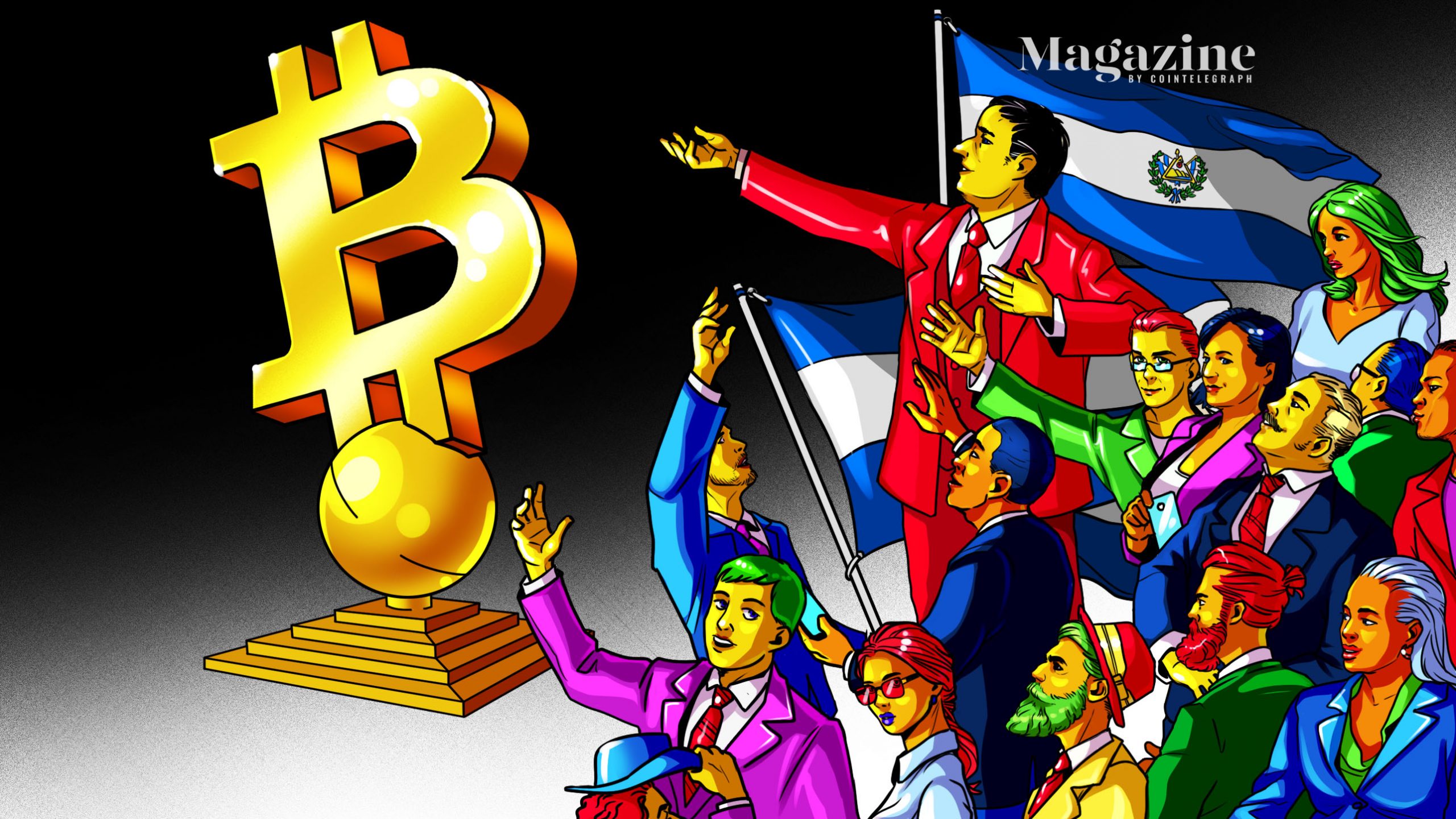Coming every Saturday, Hodler’s Digest will help you track every single important news story that happened this week. The best (and worst) quotes, adoption and regulation highlights, leading coins, predictions and much more — a week on Cointelegraph in one link.Top Stories This Week Bitcoin mining difficulty just fell by a record 28% — but will this help prices recover?Bitcoin has recorded its biggest mining difficulty drop of nearly 28%, but one model suggests prices will not bottom until October.The drop is in response to the ongoing miner migration out of China and the subsequent loss of hash rate — and this could deliver a profit boost for the miners still at work.Bitcoin has now closed its third red monthly candle in a row, meaning BTC/USD is now the furthest away from its stock-to-flow model estimates in more than two years. Data shows the world’s biggest cryptocurrency fell 40.36% in Q2… the biggest quarterly plunge in over three years.Plan B said the next six months will be “make or break” for the stock-to-flow model, adding: “Even for me it is always a bit uneasy when Bitcoin price is at the lower bound of the stock-to-flow model.” Binance faces regulatory upheaval as lawmakers target ‘global’ exchangesRegulatory woes are piling up for Binance. Japan has accused the exchange of operating without proper registration, and toughened measures in the Canadian province of Ontario have prompted Binance to announce that it plans to cease all operations there.Monday saw Binance suspend the use of Faster Payments in the U.K., meaning that it would take longer for British customers to withdraw pounds from the exchange. This came days after the Financial Conduct Authority told the exchange to cease all regulated activities in the country. However, this was later reinstated.Thailand’s Securities and Exchange Commission and the Cayman Islands Monetary Authority are the latest financial regulators to announce a regulatory crackdown on Binance.As a major global exchange, the exchange has been struggling to find the right jurisdiction for operating its business. Bitcoin.org blocks access to Bitcoin software download in the UKBitcoin.org has blocked U.K. visitors from downloading Bitcoin Core software, as well as the whitepaper authored by Satoshi Nakamoto. It comes days after a British court ruled in favor of self-proclaimed Bitcoin creator Craig Wright.He had accused Bitcoin.org and its current operator Cøbra of copyright infringement for hosting the BTC whitepaper in the U.K.Cøbra elected not to mount a defense in order to protect their anonymity — and was also ordered to pay interim legal costs of £35,000 (about $48,600.)The judgment is the latest salvo in Wright’s assault on people who dispute his claim of being Bitcoin creator Satoshi Nakamoto. Strike to offer ‘no fee’ Bitcoin trading, taking aim at Coinbase and SquarePayments platform Strike has announced that it will allow U.S. customers to buy and sell Bitcoin with almost no trading fees — taking on the likes of Coinbase, Square and PayPal.Strike’s founder and CEO Jack Mallers says his platform is setting out to be the “cheapest and easiest place on the planet to acquire BTC.”Mallers has taken aim directly at Coinbase too, describing Coinbase’s fees as “asinine.” He added: “Make no mistake, when you buy Bitcoin on Coinbase, you are supporting shitcoins.”In other developments, Coinbase has revealed that it plans to list digital assets on its exchange faster than it does now. And as the exchange seeks to bolster its global presence, it’s going to launch a crypto app store offering products developed by third parties.Meanwhile, Robinhood has filed an application with the U.S. Securities and Exchange Commission for an initial public offering. That application came a day after regulators ordered the company to pay a $70 million penalty, amid allegations it caused “widespread and significant harm” to thousands of users. Elon Musk’s latest attempt to pump Dogecoin fails miserablyDogecoin prices surged but did not skyrocket after receiving another endorsement from Tesla CEO Elon Musk on Thursday.Musk’s first tweet declared “Release the Doge!” — sending the joke cryptocurrency up 8.42% to $0.261. A sell-off followed suit, taking DOGE/USD down to $0.247.Less than an hour later, Musk tweeted a rather unusual message that said: “Baby Doge, doo, doo, doo, doo, doo, Baby Doge, doo, doo, doo, doo, doo, Baby Doge, doo, doo, doo, doo, doo, Baby Doge.”DOGE/USD subsequently rose 5.22% to $0.26 after the second tweet.This is modest compared with the wild gains we’ve seen after Musk’s tweets in the past.Winners and Losers At the end of the week, Bitcoin is at $34,544.52, Ether at $2,219.30 and XRP at $0.2469. The total market cap is at $1,433,529,255,589.Among the biggest 100 cryptocurrencies, the top three altcoin gainers of the week are XinFin Network, Compound and Internet Computer. The top three altcoin losers of the week are Celo, Theta Fuel and Revain.For more info on crypto prices, make sure to read Cointelegraph’s market analysis. Most Memorable Quotations“Make no mistake, when you buy Bitcoin on Coinbase, you are supporting shitcoins.”Jack Mallers, Strike CEO “I did suggest to the President that whatever Salvador chooses to do with regards to Bitcoin, you ensure that it is well regulated, that it is transparent and that it is responsible, and you protect yourself against malign actors.”Victoria Nuland, U.S. State Department “While I believe in the power of new technology, we also need to manage its impact on our economy and society.”Rishi Sunak, U.K. Chancellor “The ‘Rick Astley’ is the holder that keeps buying and never tends to sell much.”Willy Woo, Bitcoin analyst “140 free NFTs for 140 of you, besties.”Twitter “A good currency, in my view, is one that’s used to buy coffee, buy your house, buy a car, and on that count, Bitcoin has failed, and not just failed, it’s failed miserably.”Aswath Damodaran, New York University professor of financePrediction of the Week 44% of investors expect Bitcoin to drop below $30K in 2021: CNBC surveyA recent CNBC survey suggests 44% of portfolio managers and equity strategists think Bitcoin will be below $30,000 by the end of this year.Out of the remaining 56%, 25% predicted the price to shoot up and settle at $45,000…


















